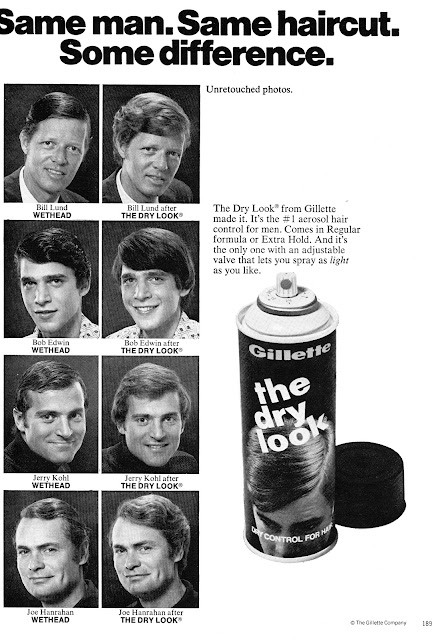A great example of hippie mysticism, 'Chariots of the Gods' ideology, and plain, unadulterated coolness..........
The continent of Atlantis was an island
which lay before the great flood
in the area we now call the Atlantic Ocean.
So great an area of land, that from her western shores
those beautiful sailors journeyed
to the South and the North Americas with ease,
in their ships with painted sails.
To the East Africa was a neighbour, across a short strait of sea miles.
The great Egyptian age is but a remnant of The Atlantian culture.
The antediluvian kings colonised the world
All the Gods who play in the mythological dramas
In all legends from all lands were from fair Atlantis.
Knowing her fate, Atlantis sent out ships to all corners of the Earth.
On board were the Twelve:
The poet, the physician, the farmer, the scientist,
The magician and the other so-called Gods of our legends.
Though Gods they were -
And as the elders of our time choose to remain blind
Let us rejoice and let us sing and dance and ring in the new
Hail Atlantis !
Way down below the ocean where I wanna be she may be,
Way down below the ocean where I wanna be she may be,
Way down below the ocean where I wanna be she may be.
Way down below the ocean where I wanna be she may be,
Way down below the ocean where I wanna be she may be.
My antediluvian baby, oh yeah yeah, yeah yeah yeah,
I wanna see you some day
My antediluvian baby, oh yeah yeah, yeah yeah yeah,
My antediluvian baby,
My antediluvian baby, I love you, girl,
Girl, I wanna see you some day.
My antediluvian baby, oh yeah
I wanna see you some day, oh
My antediluvian baby.
My antediluvian baby, I wanna see you
My antediluvian baby, gotta tell me where she gone
I wanna see you some day
Wake up, wake up, wake up, wake up, oh yeah
Oh glub glub, down down, yeah
My antediluvian baby, oh yeah yeah yeah yeah

































































.jpg)
















